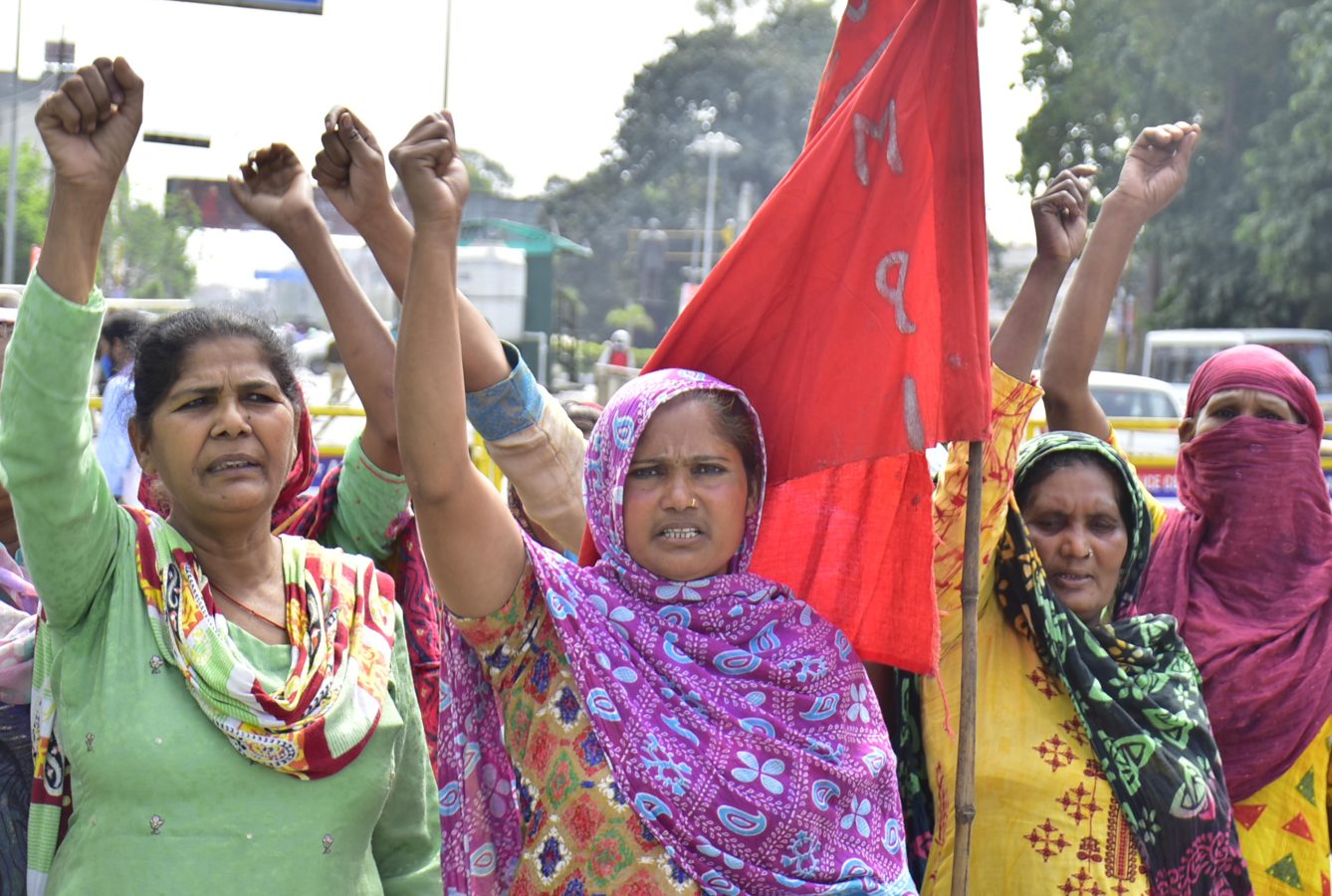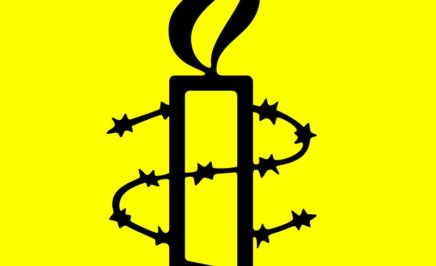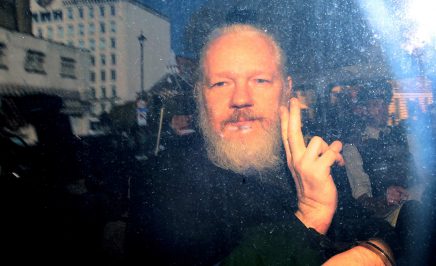As Indian Prime Minister Narendra Modi prepares for the keynote address the Australian Strategic Policy Institute’s Sydney Dialogue today, Amnesty International Australia has called on Prime Minister Scott Morrison – who will also address the conference – not to trade away human rights in dealings with India.
Recent research from Amnesty Tech revealed that extensive surveillance of Hyderabad in India is putting human rights at risk. As part of the ongoing Ban The Scan campaign to ban intrusive facial recognition technology Amnesty found that the Indian authorities have begun construction of an ominous ‘Command and Control Centre’ (CCC), intended to connect the state’s vast facial recognition-capable CCTV infrastructure in real time.
“This is just one example of Narendra Modi’s government crackdown on civil society groups – including Amnesty International – and Australia has an obligation to hold our trade partners to the same standards our citizens expect, including not using technology to spy on people who defend human rights,” Amnesty International Australia campaigner Nikita White said.
Indian diaspora group The Humanism Project is also concerned about the chilling effect of crackdowns on the community in Australia and New Zealand.
“In addition, there has been an increase in online attacks targeted at Indian academia and civil society groups who are critical of the Modi government in the region. Such surveillance technology therefore raises security concerns for civil society groups and human right activists in Australia. PM Morrison therefore has an obligation to the Australian people to question PM Modi on the Indian state’s use of technology to spy on people who defend human rights,” The Humanism Project Co-Founder Dr Haroon Kasim said.
Authorities in India have a lengthy record of using facial recognition technology in contexts where human rights are at stake, with recent examples including enforcing COVID-19 lockdown measures, identifying voters in municipal elections, and policing protests. The rights of Muslims, Dalits, Adivasis, Transgender communities, and historically disadvantaged sections of society, are particularly at risk by mass surveillance.
Amnesty International is calling for a total ban on the state and private sector use, development, production, sales, and export of facial recognition technology for mass surveillance purposes



